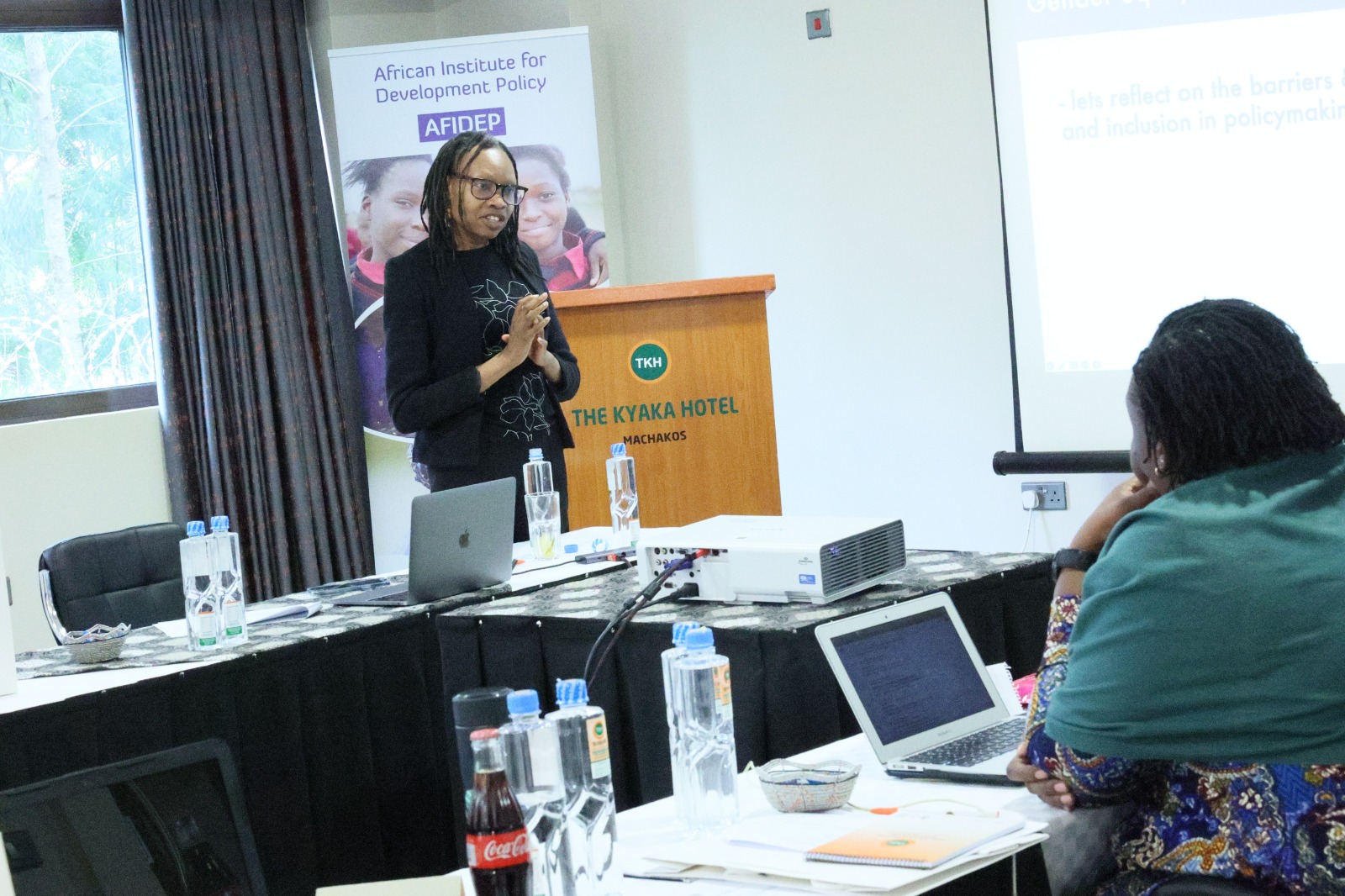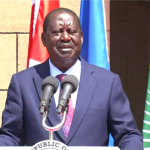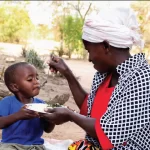Despite the critical role of evidence-informed decision-making in improving policy, programme, and practice decisions, challenges persist at individual, system, and institutional levels.
According to Dr Violet Murunga, a Research and Policy Analyst at the African Institute for Development Policy (AFIDEP), key barriers include insufficient relationships between policymakers and evidence producers, untimely and irrelevant evidence, lack of gender and social inclusion data, and limited capacity for evidence synthesis and application.
To address these challenges, the AFIDEP-led Alliance for Evidence and Equity in Policymaking in Africa (AEEPA) project in partnership with the Division of Reproductive Maternal Neonatal Child and Adolescent Health (RMNCAH), the Directorate of Policy, Digital Health (DPDH) and Innovations, and the Division of Policy, Health Research and Research (PHRR) are conducting a comprehensive 5-day Evidence-Informed Policy-Making (EIPM) training programme, followed by a 6-month mentorship for Ministry of Health (MoH) staff.
Speaking in Machakos County on Monday, Dr Murunga said the EIPM training aims to equip policymakers with skills to systematically identify, appraise, synthesize, and adapt relevant evidence, including gender and social inclusion data, into the policy-making process.
She said the training will also enhance capacity for rapid evidence reviews, enabling timely and relevant policy decisions and foster collaboration and knowledge exchange at national, sub-national, and regional levels.
The training is designed to bridge the gap between evidence production and policy implementation, ensuring that decisions are based on robust, relevant, and timely datadata.
Dr Murunga said AFIDEP aims to contribute to the achievement of the Sustainable Development Goals (SDGs) through improved health outcomes and equitable development and thus views the critical role the ministry of health plays in this.
Other counties that have had this type of trainings include Nigeria, Malawi and Uganda.
The AFIDEP-led Alliance for Evidence and Equity in Policymaking in Africa project is funded by the International Development Research Centre (IDRC) and Hewlett Foundation.





